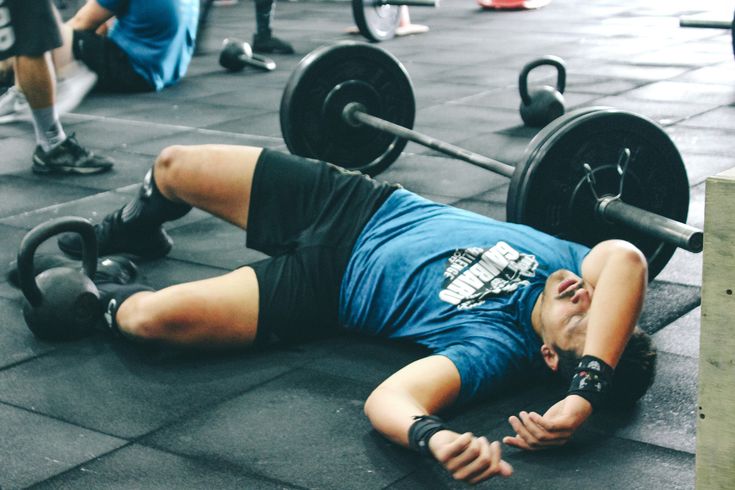When you train hard, whether lifting weights or doing cardio, your muscles experience stress. Exercise creates tiny tears in muscle fibers. These need to heal to grow stronger. This healing process, called muscle recovery, is essential for progress and injury prevention. Without proper recovery, you risk fatigue, overtraining, and long-term damage.
What Do Muscles Need to Recover?
Recovery isn’t just about resting. Your muscles need three main things: good nutrition, enough sleep, and active recovery techniques. Let’s break it down:
1. Protein – The “Building Block”
Protein repairs and rebuilds muscle fibers. It contains amino acids, which help your muscles recover and grow.
Great sources of protein include:
- Lean meats (chicken, turkey, beef)
- Fish and seafood
- Eggs
- Dairy products like Greek yogurt and cottage cheese
- Plant-based options like lentils, chickpeas, quinoa, and tofu
Aim for 1.6-2.2 grams of protein per kilogram of body weight each day, based on your activity level.
2. Carbohydrates – The Body’s Fuel
After exercise, your muscle glycogen levels drop. Glycogen is your muscles’ main energy source. To refill these stores, eat healthy carbs.
The best choices include:
- Oats
- Brown rice
- Whole wheat bread and pasta
- Sweet potatoes
- Fruits like bananas, berries, and apples
Eating carbs with protein after a workout improves recovery by boosting muscle repair.
3. Healthy Fats – Supporting Hormones
Fats help with hormone production, including testosterone, which is important for muscle growth.
Good sources of healthy fats include:
- Avocados
- Nuts (almonds, walnuts, cashews)
- Seeds (chia, flax, pumpkin)
- Olive oil
- Fatty fish (salmon, mackerel, sardines)
4. Rest & Sleep – The Recovery Phase
Your body repairs muscles mainly while you rest. Quality sleep is key because your body releases growth hormones at night.
To improve sleep:
- Get 7-9 hours of rest each night.
- Turn off screens an hour before bed.
- Keep your room cool, dark, and quiet.
- Try relaxing activities like meditation or stretching before bed.
Extra Tips for Faster Recovery
✔ Stay Hydrated: Water helps flush out toxins and move nutrients where they are needed. Drink at least 2-3 liters daily, more if you sweat a lot. ✔ Stretch & Massage: Stretching and foam rolling can loosen tight muscles and prevent injuries. ✔ Use Supplements: BCAAs, glutamine, magnesium, or creatine can support muscle recovery and reduce soreness. ✔ Try Active Recovery: Low-intensity activities like walking, swimming, or yoga improve circulation and reduce stiffness. ✔ Avoid Overtraining: Listen to your body. Rest between workouts to prevent exhaustion and injury. ✔ Cold & Heat Therapy: Ice baths reduce inflammation, while heating pads improve blood flow to sore muscles.
Conclusion
Muscle recovery is just as important as training. To get stronger and avoid injury, you need good nutrition, rest, and proper recovery techniques.
Working out isn’t just about pushing harder. It’s also about allowing your body to heal. Focus on recovery, and you’ll see better results and feel stronger.
What’s your favorite recovery method? Share your thoughts in the comments!

Leave a Reply